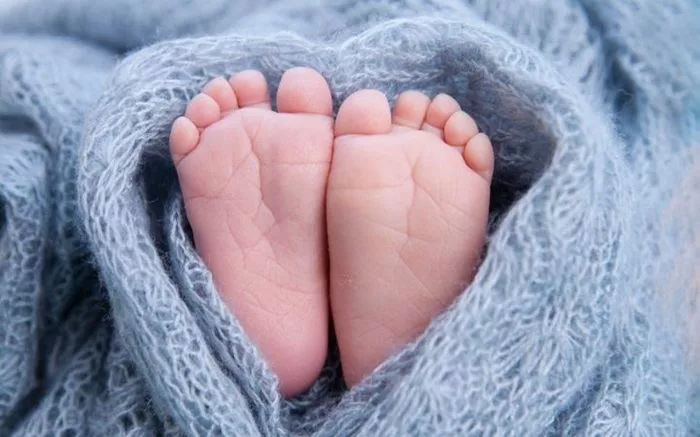Mitochondria are small structures within cells that convert food into energy essential for cell function.
Mitochondrial disease, or mito, comprises various conditions impairing this energy production, potentially leading to organ failure. While incurable, mitochondrial donation through IVF offers hope to affected families, enabling them to have genetically related children free from mito.
Following Australia’s 2022 law permitting mitochondrial donation, scientists are preparing for clinical trials to assess its safety and efficacy.
Mitochondrial disease stems from faulty genes in either nuclear or mitochondrial DNA. The latter, inherited exclusively from mothers, can unpredictably affect offspring, from mild to severe symptoms, impacting energy-demanding organs like the brain, muscles, and heart.
SEE ALSO: How Many Times Should a Newborn Poop?
Mitochondrial donation involves transferring nuclear DNA from an individual with faulty mitochondrial DNA into a healthy donor egg with its nuclear DNA removed. This technique aims to produce offspring with nuclear DNA from both parents and functional mitochondria from the donor, potentially reducing or eliminating mito risk.
This complex procedure requires specialized training, sophisticated equipment, and hormone injections for egg production. Originating in the UK, mitochondrial donation has resulted in births without reported mito cases.
Australia’s Maeve’s Law, passed after extensive public consultation, regulates mitochondrial donation under strict licensing for research and clinical trials. The law aims to ensure safety and effectiveness before wider adoption, including the mitoHOPE program’s planned clinical trial.
A critical challenge lies in sourcing donor eggs, with frozen eggs usable for research but fresh eggs required for clinical trials. Potential sources include individuals with stored eggs willing to donate for research, offering promise for advancing mitochondrial donation studies.
The upcoming clinical trial seeks volunteers for egg donation, including friends, relatives, or altruistic individuals, with enrollment expected within 12 to 18 months, pending regulatory approvals.


